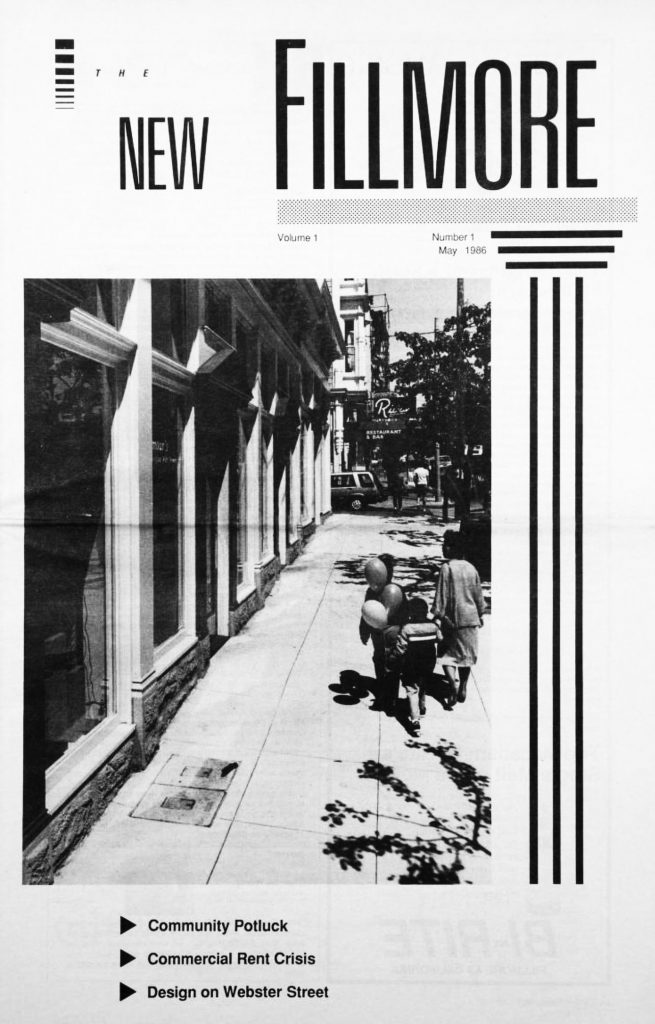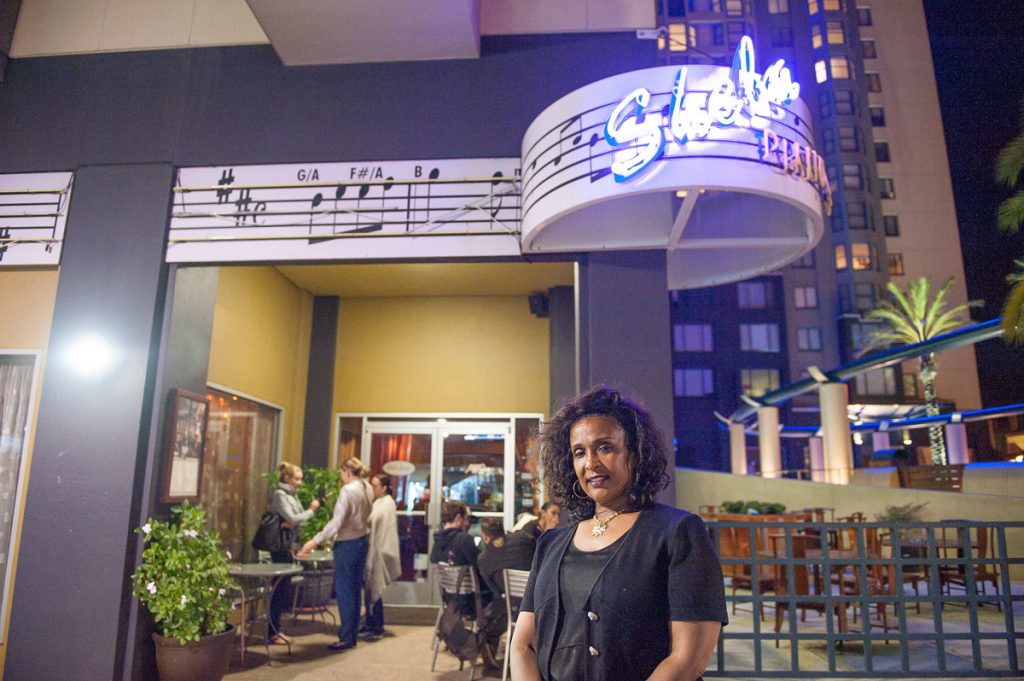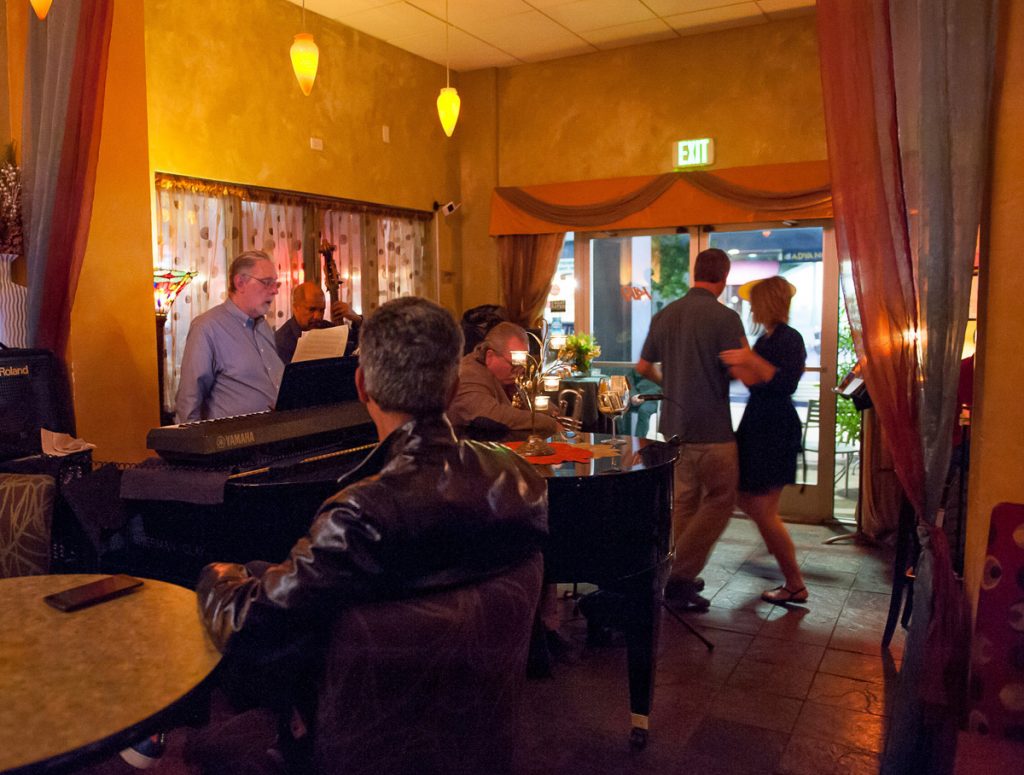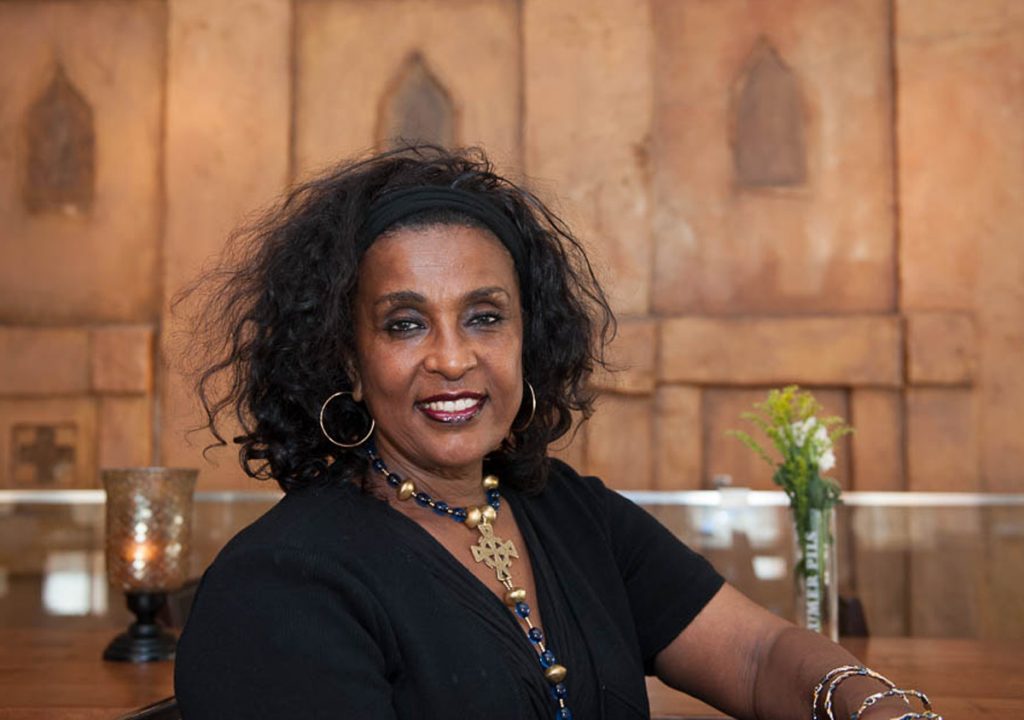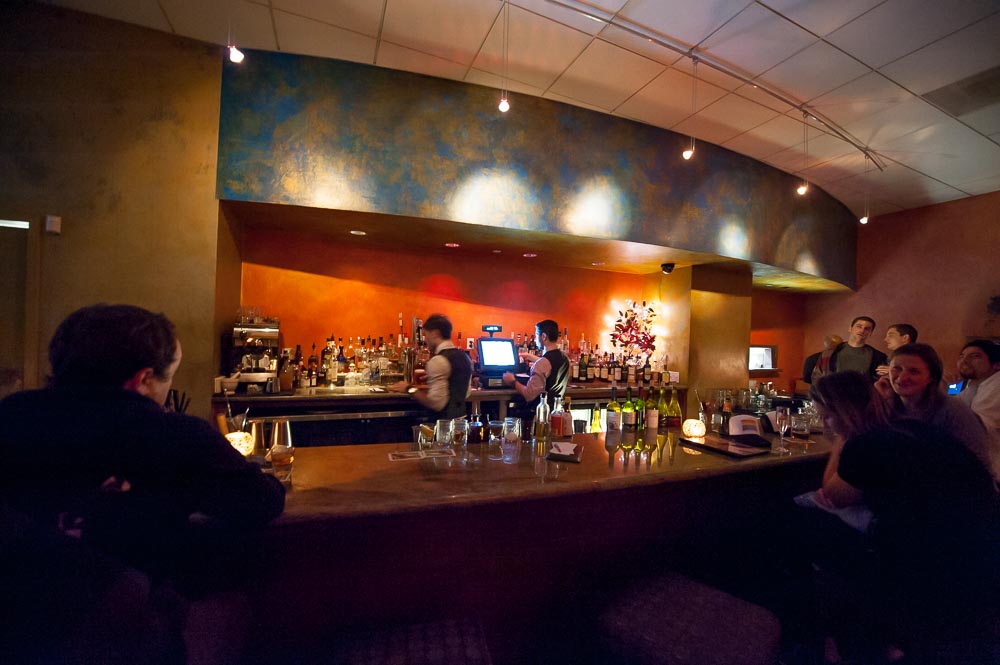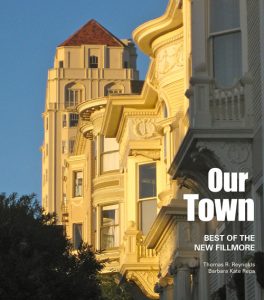SALOONS | CHRIS BARNETT
The Queen of Sheba, the Old Testament tells us, was a stunning Ethiopian temptress who dazzled King Solomon in the 10th century B.C. with a caravan of camels laden with gold, jewels and spices to promote lively trade between Israel and Arabia.
A mere 31 centuries later, the co-owner of Sheba Piano Lounge at 1419 Fillmore Street is a regal Ethiopian promoting live jazz in the Fillmore every night of the week with no cover charge.
Netsanet “Net” Alemayehu and her sister and business partner, Israel, aren’t trafficking in gold and jewels. But they jet into SFO from their homeland three times a year loaded down with hundreds of pounds of fragrant Ethiopian spices for the Abyssinian dishes and creative cocktails on their reasonably priced menu.
In a day of spiraling dinner tabs and pricey admission to live performances, the sisters are holding down the cost of smooth music and good food. Plus, drop in for the red eye special — the nightly 10 p.m. to closing happy hour — and $6 craft beers dip another $2. The late-night crowd may look familiar to locals: Chefs, servers, bartenders, bussers, hosts and hostesses from restaurants up and down Fillmore and elsewhere in the city hang up their aprons and hang out at Sheba to unwind.
Net — everyone calls her Net — is almost singlehandedly preserving live jazz on Fillmore. From the ’40s and ’50s, when horns wailed, drums throbbed and velvety voices purred in dozens of clubs on the boulevard, only two places remain where you can nightly soak up the sweet, soft, sad or swinging sounds of jazz and blues.
There’s the dark, gritty, frozen-in-time Boom Boom Room at Fillmore and Geary. Once owned partly by blues singer John Lee Hooker and known in the street’s Harlem of the West heyday as Jack’s Tavern, it levies a cover charge of $10 and sometimes higher per head.
And there’s Sheba Piano Lounge.
And that’s it.
All the other joints — Bop City, the New Orleans Swing Club, the Texas Playhouse and Club Alabam, among many others — have been dead for decades. The recent ambitious attempt to re-create a Fillmore Jazz District featuring the lavish Yoshi’s jazz club was a calamitous failure that cost San Francisco taxpayers $18 million and counting. The 1300 on Fillmore restaurant continues, and offers live music and deejays on the weekends.
Yet Sheba Piano Lounge is celebrating its 10th anniversary this year and the place is overflowing with the sounds of jazz every night of the week. Since Sheba opened its doors in 2006, it has succeeded without headliners and a cover charge, but draws seasoned jazz players hungry for gigs and a classy place to play. Also, Sheba doesn’t have a two drink minimum, which sets it apart from many clubs. But with no cover or minimum, you need to order something. This is a lounge, not jazz in the park.
On several recent visits, a young Ethiopian woman was working the hostess stand welcoming customers. To the left is a cozy alcove with black leather sofas, soft lighting and a gas fireplace which blazes nightly. To the right, a community table seats 12. Behind an ancient-looking wall are tables for two, four or more. This is a restaurant and lounge, not a showroom, so seating is arranged for dining and conversation, not for watching a performance. A 12-stool bar takes up one end of the room and, while there’s a large television in the corner, the volume is kept low so it doesn’t fight the music.
Sheba opens every day at 5 p.m. and most of the time, Net and Israel are there — meeting, greeting, cajoling and making sure dishes and drinks are flowing quickly from bar and kitchen to the table. One recent weeknight, the serving staff was down to two, including the bartender, and both were scrambling to take and fill orders.
Net, who says she has no musical talents “other than listening,” has been a risk taker most of her life. She was among the early wave of Ethiopians to land in San Francisco, escaping from the capital of Addis Ababa before the U.S.-backed government of Emperor Haile Selassie was chased out of power by the country’s military leadership in 1974. She wound up in the Bay Area, attended Laney College in Oakland, then transferred to San Jose State studying food, nutrition and business.
Sheba Piano Lounge is Net’s second venture sporting the fabled queen’s name; the first was an Ethiopian restaurant in Oakland that grabbed Bay Area headlines with its “feast day” dishes. Along the way, Net worked for the U.S. Department of Agriculture fighting the Mediterranean fruit fly infestation of 1991; for St. John, the New York fashion designer; and for Nordstrom, selling women’s high fashion.
“I always wanted to open an Ethiopian restaurant with music in San Francisco,” she says. Her fellow Ethiopian, Agonafer Shiferaw, owned Rasselas jazz club, first on California and Divisadero and later across the street from Sheba on Fillmore. “We didn’t see it as competition,” Net says. “We were more loungy with authentic food and no cover charge. People just walked in. My gentleman friend had a jazz club, and you paid to get in.” Rasselas has since given way to Origin, a weekend dance club with deejays.
Going into her 11th year, Net realizes jazz lovers don’t want to hear the same sounds seven nights a week. Regulars know Monday is open mike night, Tuesday could be one of four different solo pianists, Wednesday is a jazz trio, Thursday night is Latin jazz, Friday is blues all night long until 2 a.m., Saturday offers the Robert Stewart Experience and Sunday is either the Louisiana jazz sounds of Bohemian Knuckle Boogie or Tango jazz. The music usually begins at 8 p.m. Even before the live music starts, Sheba has loops of recorded jazz playing in the background for atmosphere. The sound is rich.
Sheba is pretty much a stress free zone. The color scheme is soft, simultaneously warm and cool greens, golds, browns, blues and deep reds. Gauzy drapes create a mellow mood.
Sheba’s crew seems dedicated. Chef Alemtu Gimariam, a fellow Ethiopian, runs a small but efficient kitchen. The Abyssinian savory dishes with authentic spices include Doro Wat, featuring chicken simmered in a spicy Berbere sauce with garlic, ginger, cardamom and onions, served with a boiled egg. Beg Alecha is lamb chunks braised in green pepper, flavored with Ethiopian herb sauce, ginger, rosemary and a touch of jalapeno peppers. Kitfo is Ethiopian steak tartare. The menu has a half page of Ethiopian vegetarian dishes. No dish is over $18. A page of the menu is devoted to a glossary of Ethiopian spices.
The powerhouse spices that go into the food are also used in the cocktails. Sheba’s head bartender, Cody Moehring, is personable, sure-handed and imaginative. His Irish whiskey highball is tasty and refreshing — a hefty shot of Jameson’s with ginger ale and several generous dashes of a house-made Abyssinian bitters fashioned out of a mixture of Ethiopian spices from a recipe he will not disclose. Price: $11. Some of the signature cocktails on the menu sound, ah, adventurous. The namesake Sheba starts with a tequila infused with an Ethiopian spice called fenugreek, grapefruit vinegar, lemon, clover honey and lavender, $10. The Red Sea #3 starts with vodka, beet brine, garlic-infused olive oil, sea salt and pickled peppers garnished with a radish, $10.
Cody knows garlic-infused olive oil doesn’t excite everyone’s palate, so during the red eye happy hour he offers a $5 Fireball, $6 Hornitos and Jameson and $7 Fernet Branca, the wretched-tasting Italian digestive.
The secrets of the menu are the Ethiopian appetizers that include the taste bud thrilling Bourbon Glazed Sausage Sliders pairing bourbon-infused sausage with sliced apples and lettuce, $10. Another tempting offering are the Sambussas, pastry shells filled with carrots, apples and cilantro and either crab, lentils or mushrooms, $9.
Sheba’s first decade has won Net a loyal following. “Sheba is this soothing sanctuary of jazz where you can catch free live music every night of the week,” says Trisha Clayton, a San Francisco public relations adviser who doesn’t work for Net but has been a regular for years. “Thankfully the warm and familiar candlelit atmosphere hasn’t changed over the years. It’s like being in a friend’s home — if your friend is a musician.”
Filed under: Food, Drink & Lodging, Music



